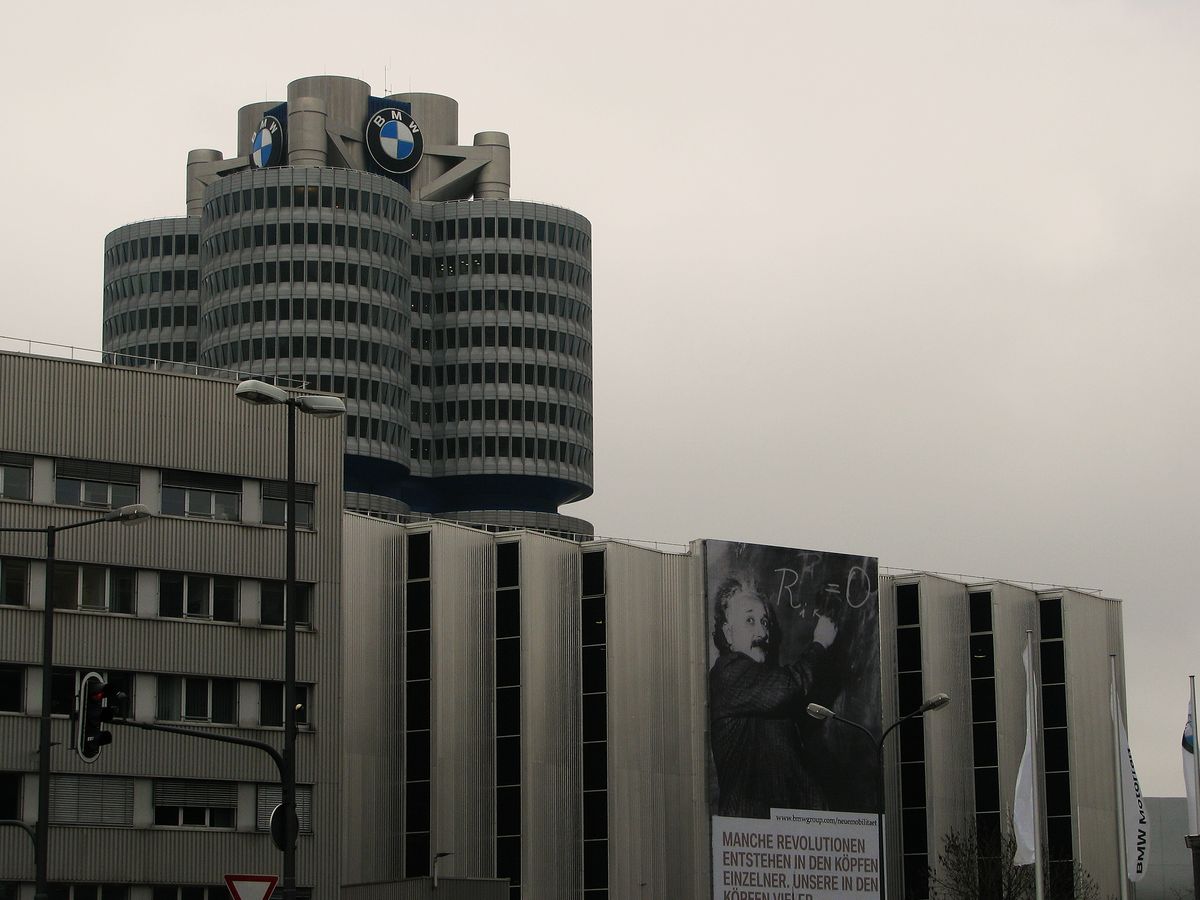German Carmakers Targeted Over Xinjiang Supply Chains

The Lede: A human rights organization has sued Germany’s top car manufacturers alleging supply chain links to forced labor in the Xinjiang region of China, but the automakers remain protective of their China ties.
What We Know:
- Volkswagen, BMW, and Mercedes-Benz have been targeted with a complaint filed with German regulators by the European Center for Constitutional and Human Rights, a non-profit organization based in Berlin, over their alleged links with forced labor in the Xinjiang region of China. This falls under a new German law that came into effect in early 2023 that requires large companies to ensure oversight against human rights and environmental issues in their supply chains. Penalties include a 2 percent fine of total annual global sales and exclusion from government contracts for up to three years.
- The complaints refer to state-sponsored forced labor programs that may be involved in manufacturing as well as indirect and direct suppliers based in or near Xinjiang. Chinese battery maker CATL has also been targeted amid its expansion in Xinjiang. The company produces nearly a third of all electric vehicle batteries. Raw material production for copper, lithium, and aluminum in Xinjiang has been designated as ‘high risk’ for being linked to forced labor.
- All three auto manufacturers have recently touted their ties with China as a key part of their goals in production, climate targets, intelligent connected vehicles, and EVs. Chinese Premier Li Quiang met with BMW CEO Oliver Zipse in Munich on his visit to Germany this week, which included talks with German Chancellor Olaf Scholz among other leaders.
The Background: European companies have been under pressure from political and regulatory scrutiny as advocacy groups increasingly bring cases to European courts regarding Xinjiang-related supply chains. The U.S. has banned imports from the Xinjiang region. Volkswagen is involved in a factory under a joint venture controlled by China’s SAIC Motor in the Xinjiang capital Urumqi. The company insists that it no longer produces cars there, but instead uses the factory to quality checks cars for sale in the region.
Likely Outcomes:
- The EV trend has pushed carmakers to engage with the Chinese market for both the cars themselves as well as for vital components such as raw materials and batteries. The German carmakers will likely try to delay regulatory processes while continuing to foster ties in China. It is possible that they are able to shrug off the accusations with supply chain audits and investigations.
- Despite the desire for German and European regulators to clamp down on business and supply chains with China, key industries such as car manufacturers have developed deep ties that will resist the ‘de-risking’ trend despite the allegations of human rights issues. While the EU has recently formulated a draft economic policy for dealing with China, it still lacks a unified approach across all its member states. Unless all EU member states agree upon such terms, companies within EU countries will continue to pursue their own interests in the Chinese market.
Quotables:
“As long as there are no credible and effective due diligence mechanisms in place, companies should cease their business activities in the Uyghur Region.” - Miriam Saage-Maaß, legal director at the European Center for Constitutional and Human Rights
“The BMW Group has deep and long-standing ties with China. Strong partnerships between BMW Group and Chinese partners will continue to deliver a win-win during the transformation of our industry.” - Oliver Zipse, Chairman of the Board of Management of BMW
“Decoupling from China is an illusion, and also not desirable. That would be unthinkable for the almost all of German industry.” - Ola Källenius, CEO of Mercedes-Benz
Good Reads:
Volkswagen, BMW and Mercedes hit by Xinjiang forced labour complaint (FT)
Strong relations between BMW and China a 'win-win', CEO says (Reuters)
VW audits Xinjiang plant as rights group pressures car makers (Reuters)
What genocide? Volkswagen’s morally expensive bet on China (Politico)
Mercedes-Benz chief says cutting China ties would be ‘unthinkable’ (FT)
